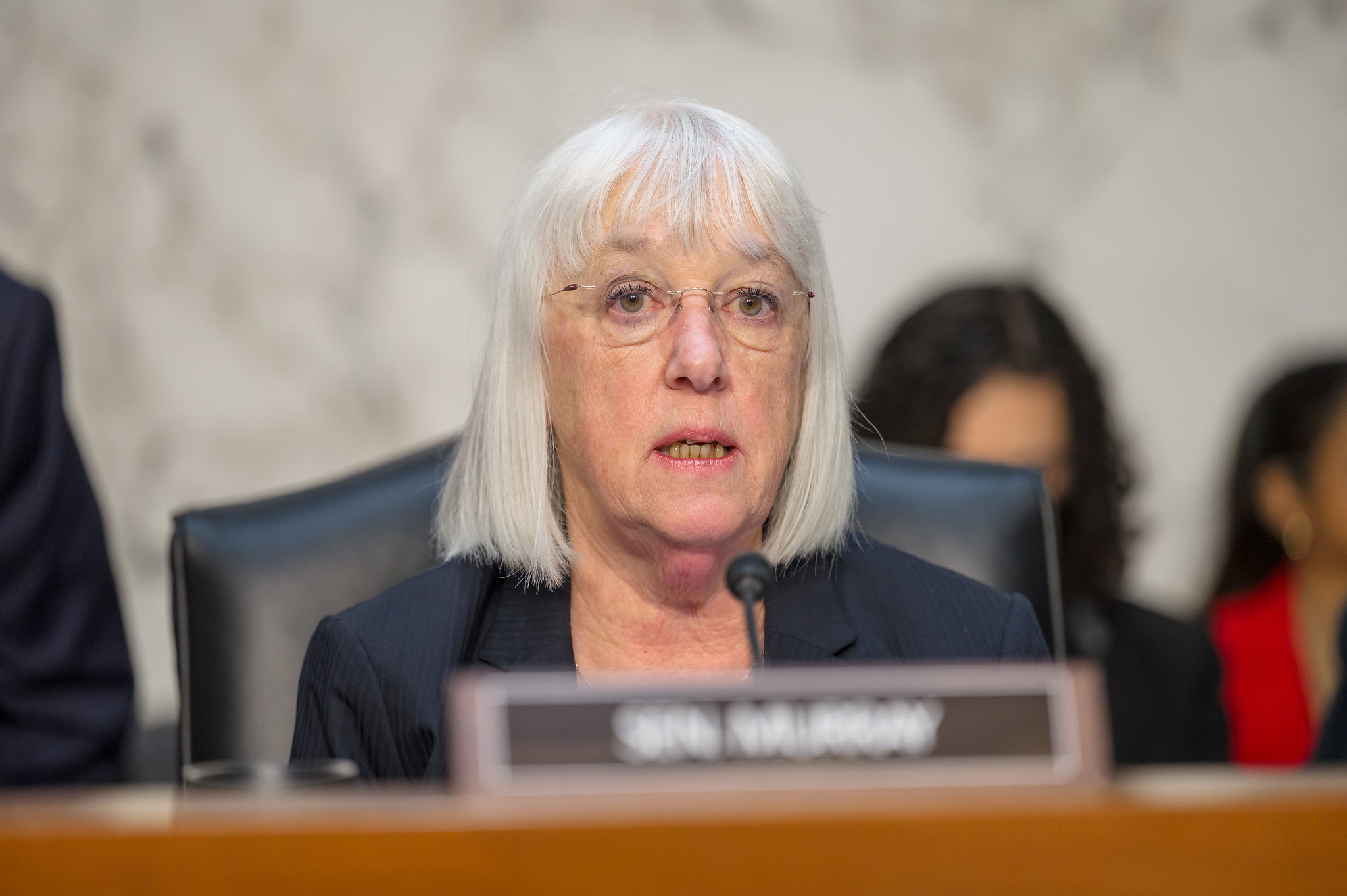Legislation comes as Washington state is quickly becoming a global leader in the race for fusion energy
Senator Murray: “Our legislation will provide the regulatory certainty needed to speed fusion development and deployment, boosting the fusion sector in Washington state and ultimately bringing down energy costs for families.”
Washington, D.C. —The Senate passed bipartisan legislation this week led by U.S. Senators Patty Murray (D-WA), Alex Padilla (D-CA), John Cornyn (R-TX), Cory Booker (D-NJ), and Todd Young (R-IN) to accelerate the development of commercial fusion energy. The Fusion Energy Act, which was incorporated into the Fire Grants and Safety Act, will streamline the creation of clear federal regulations to support the development of commercial fusion facilities by codifying the Nuclear Regulatory Commission’s (NRC) regulatory framework for fusion energy systems under the NRC’s byproduct materials process. Fusion energy—energy that’s made by slamming together small atoms under high pressure—has the potential to produce abundant clean electricity without harmful side effects like carbon emissions or long-lived radioactive waste. Fusion energy commercialization has the potential to be a key component of the United States’ efforts to fully decarbonize the grid by 2050.
Washington state—and Seattle in particular—is emerging as a global leader in the race for fusion energy. In March, Governor Inslee signed legislation establishing fusion power as a source of clean energy that could help Washington state meet its climate goals, and requiring the Energy Facility Site Evaluation Council and the Department of Health to form a work group of relevant state agencies to begin exploring pathways for permitting, siting and licensing fusion energy plants. In December 2022, California’s Lawrence Livermore National Laboratory (LLNL), a global leader in fusion research, became the first to achieve fusion ignition — meaning more energy was released than was needed for the reaction — a significant breakthrough for fusion energy.
“Fusion has the potential to play a tremendously important role in our clean energy future as a source of cheap and abundant carbon-free energy, and this bill will help ensure the United States maintains our leadership on this promising technology,” said Senator Murray. “Our legislation will provide the regulatory certainty needed to speed fusion development and deployment, boosting the fusion sector in Washington state and ultimately bringing down energy costs for families. As Washington state continues to be a global leader on fusion energy, I’m glad to see our bill pass the Senate and head to President Biden’s desk to be signed into law.”
On April 14, 2023, the NRC voted to separate the regulatory frameworks for fusion and fission energy and create a unique regulatory framework for fusion energy. The Fusion Energy Act will ensure the development of a tailored NRC regulatory framework geared toward supporting the growth of the emerging commercial fusion energy sector. The legislation will require the NRC to study and report to Congress within one year regarding licensing commercial fusion machines, including streamlining considerations.
The Fire Grants and Safety Act also reauthorizes vital federal funding programs the senators have strongly supported to combat wildfires, including the Staffing for Adequate Fire and Emergency Response (SAFER) grant program and the Assistance to Firefighters Grants (AFG) program, through FY 2030. The bill also reauthorizes the United States Fire Administration (USFA). The legislation, which previously passed the U.S. House of Representatives, now heads to President Biden to be signed into law.
Congressional Fusion Energy Caucus Co-Chairs Lori Trahan (D-Mass.-03), Don Beyer (D-Va.-08), Chuck Fleischmann (R-Tenn.-03), and Jay Obernolte (R-Calif.-23) passed companion legislation previously in the House of Representatives.
A one-pager on the Fusion Energy Act is available here.
###


